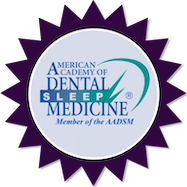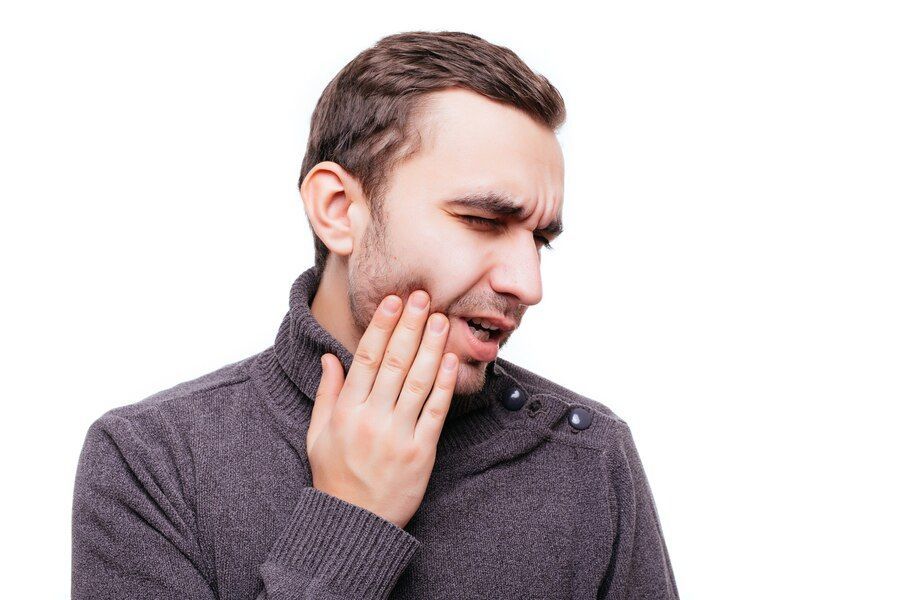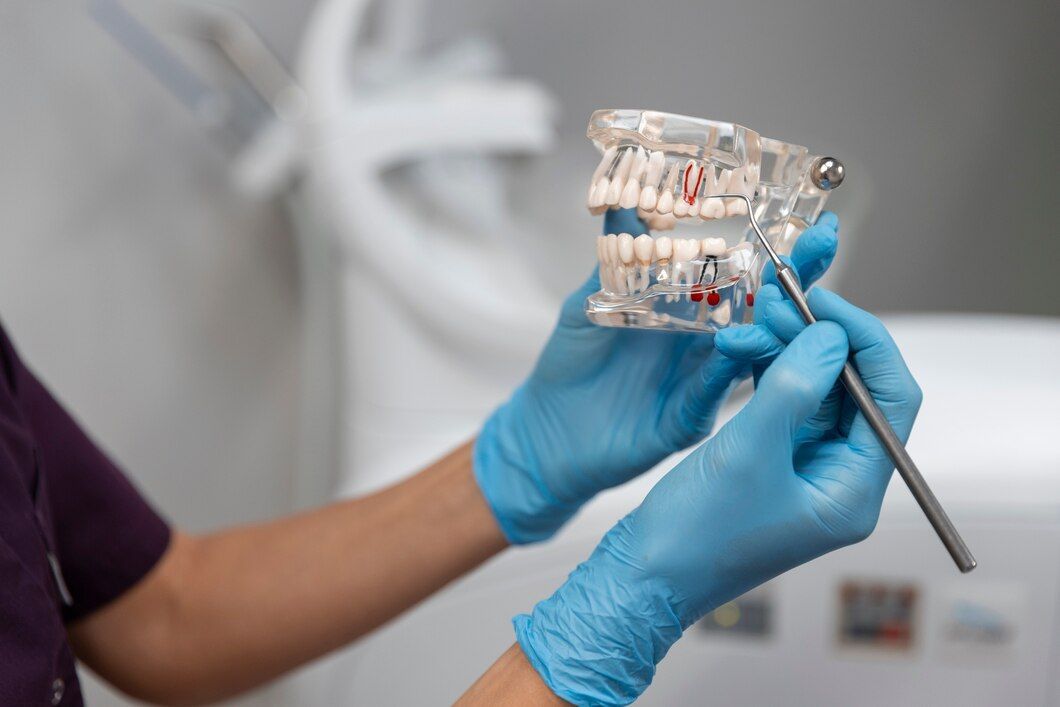Welcome to Fuller Sleep & TMJ Solutions | Greensboro, NC | frontdesk@fullersleep.com
Dr. Fuller's Methods for Treating TMJ Problems

TMJ, or temporomandibular joint disorder, affects many people and can cause significant discomfort. This disorder involves the joints and muscles around your jaw. Problems with the TMJ can result in pain, difficulty chewing, and even headaches. Living with TMJ can be a daily struggle, but understanding the condition is the first step toward finding relief.
This article will explore TMJ, how Dr. Fuller diagnoses it, and available treatment options. It will also cover lifestyle changes and home remedies that can help manage TMJ symptoms. Understanding these aspects can pave the way for better jaw health and overall well-being.
Understanding TMJ and Its Symptoms
TMJ, or temporomandibular joint disorder, affects the jaw joint and surrounding muscles, causing pain and discomfort. This joint connects the jaw to the skull and plays a critical role in chewing and speaking. When it isn't working correctly, it can lead to various symptoms.
Common symptoms of TMJ include jaw pain, which can be mild or severe. Some people also experience clicking or popping sounds when opening or closing their mouth. Stiffness in the jaw muscles is another common issue, making it difficult to move the jaw smoothly. Headaches, especially around the temples, ear pain, and even ear ringing are other potential symptoms.
You might also notice your jaw locking in an open or closed position, which can be quite alarming. Some may experience difficulty chewing or biting and overall facial pain. These symptoms can significantly impact daily life, making it essential to seek proper treatment. Recognizing these symptoms early can help manage the condition more effectively.
How Dr. Fuller Diagnoses TMJ Problems
Dr. Fuller uses a detailed and thorough approach to diagnose TMJ problems accurately. The first step is a comprehensive examination of the jaw and its movements. Dr. Fuller checks for tenderness, clicking, or popping sounds and assesses the range of motion in your jaw.
Next, Dr. Fuller may use imaging tests to get a clear view of the jaw joint. These can include X-rays, CT scans, or MRIs. These images provide crucial information about the jaw's structure and help identify abnormalities. Detailed images help create a precise treatment plan tailored to your specific needs.
Another important diagnostic tool is a patient history review. Dr. Fuller considers factors like previous injuries, stress levels, and habits like teeth grinding or clenching. This information helps pinpoint potential causes of TMJ problems.
Dr. Fuller also listens carefully to your descriptions of symptoms and pain levels. This dialogue helps you understand the severity of the condition and how it impacts your daily life. Combining these methods allows Dr. Fuller to make an accurate diagnosis and recommend the best course of action for treatment.
Non-Surgical Treatments for TMJ by Dr. Fuller
Dr. Fuller offers several non-surgical treatments for TMJ problems. These treatments relieve pain and improve jaw function without invasive procedures. One common approach is the use of oral appliances. These custom-made devices fit in your mouth and help realign your jaw correctly. They can reduce pain and prevent teeth grinding, which can worsen TMJ symptoms.
Physical therapy is another effective treatment. Dr. Fuller may recommend exercises that strengthen the jaw muscles and improve flexibility. This can help reduce stiffness and improve your ability to move your jaw without pain. Alongside exercises, techniques like ultrasound or moist heat can further alleviate discomfort.
In some cases, medications may be prescribed to manage pain and inflammation. Anti-inflammatory drugs or muscle relaxants can help reduce the symptoms associated with TMJ. Dr. Fuller carefully selects the proper medication based on your needs and medical history.
Lifestyle Changes and Home Remedies for TMJ Relief
Several lifestyle changes and home remedies can help manage TMJ symptoms. One of the simplest methods is practicing good posture. Slouching can strain the muscles around your jaw, so sitting and standing up straight can help reduce tension.
Dietary changes can also make a big difference. Eating softer foods and avoiding hard or chewy items can give your jaw a break and prevent further irritation. Cutting food into smaller pieces can also help reduce the strain on your jaw while eating.
Stress management techniques, such as deep breathing exercises and meditation, can help reduce teeth grinding and jaw clenching, both of which can worsen TMJ symptoms. Applying ice packs or moist heat to the affected area can temporarily relieve pain and stiffness.
Simple jaw exercises can help strengthen the muscles and improve flexibility. For instance, gently opening and closing your mouth or moving your jaw from side to side can help maintain mobility. It's important to perform these exercises under the guidance of a professional to avoid further injury.
Conclusion
TMJ problems can impact your daily life, causing pain and discomfort. Understanding the symptoms and seeking the right diagnosis is crucial. Dr. Fuller at Fuller Sleep & TMJ Solutions provides a range of effective, non-surgical treatments tailored to meet individual needs. By making simple lifestyle changes and following home remedies, managing TMJ symptoms becomes more achievable.
Don't wait any longer if you're experiencing jaw pain or other TMJ symptoms. Contact Fuller Sleep & TMJ Solutions today to schedule an appointment with Dr. Fuller. Work with our
TMJ doctor in Greensboro to find a solution that brings relief and improves your quality of life.

CONTACT US
Fuller Sleep & TMJ Solutions
1515 West Cornwallis Dr Suite 110 Greensboro, NC 27408
BUSINESS HOURS
Monday: 8am – 5pm
Tuesday: 8am – 5pm
Wednesday: 8am – 5pm
Thursdays: 8am – 2pm
All Rights Reserved | Fuller Sleep & TMJ Solutions
© 2023 All Rights Reserved | Fuller Sleep & TMJ Solutions
Website designed by: Morningdove - Accessibility Statement












